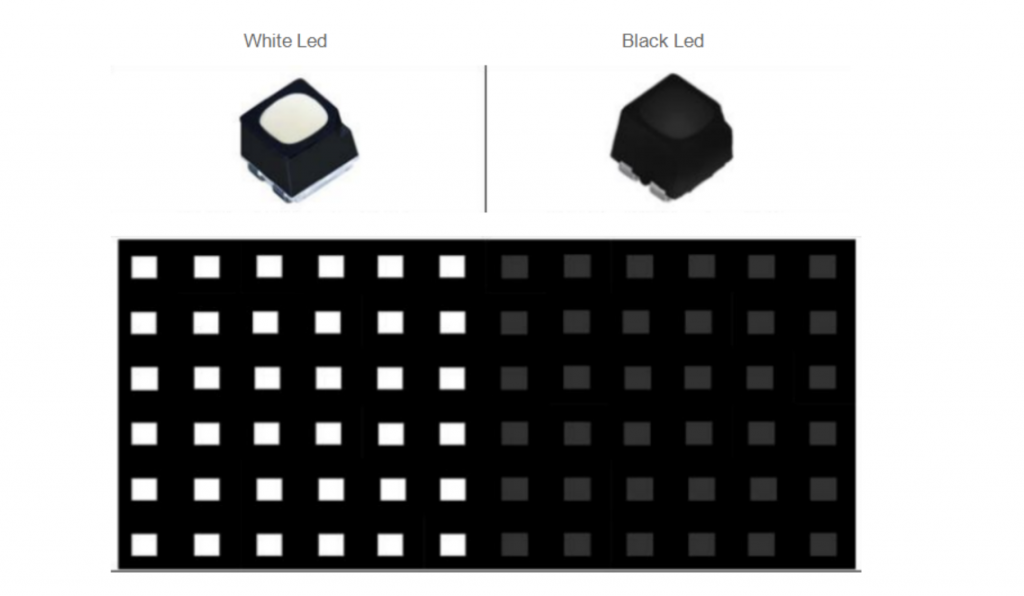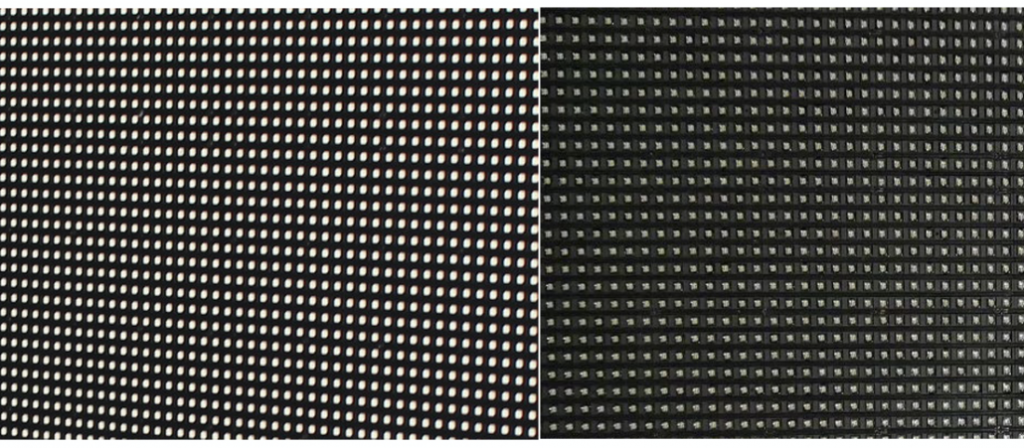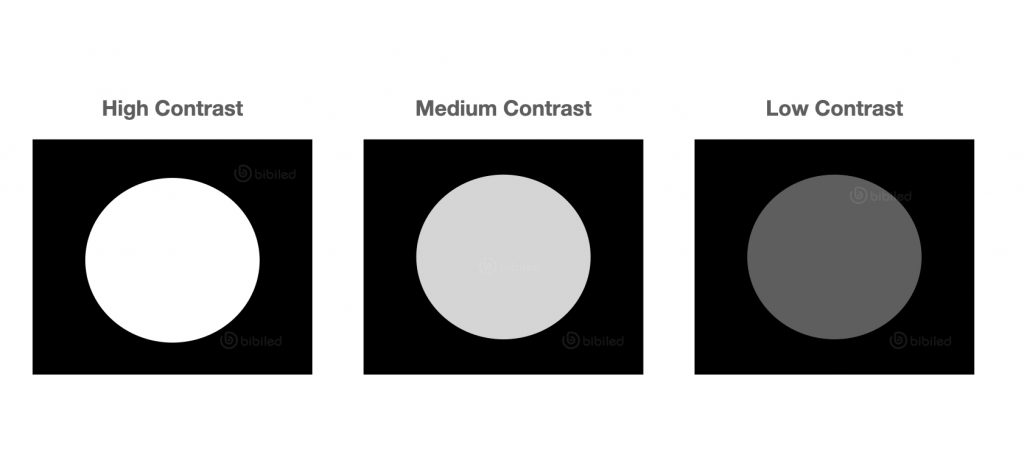1. What are white/black LED display
2. White LEDs VS black LEDs, which one to choose for your LED screen?
3. The difference between black LED and white LED display
4. The application of a black LED display
5. Development trend of white and black LED display


1. What are white/black LED display
- What is a white SMD LED display?
The white SMD LED display comprises a white plastic bracket and a light-emitting chip.
Due to the low brightness of the early light-emitting wafer, to improve the brightness, engineers designed the plastic stand into a white bowl shape (white LED); enhanced focus and emission to ensure that low-brightness chips achieve brighter results.
- What is a black LED screen?
The black LED display comprises encapsulated plastic brackets and black LEDs; his black LED was generally used for outdoor advertising screens in the past.
2. White LEDs VS black LEDs, which one to choose for your LED screen?
We understand the definition of a black SMD screen and a white LED display, so how to choose the right LED lamp beads for your LED display?
In fact, LED lamp beads do not need to be made white to achieve satisfactory results. With the continuous development of LED display, foreign LED display packaging companies such as CREE and NICHIA took the lead in developing black LEDs.
People’s requirements for image fidelity can also adjust the optimal brightness display according to the use environment, which more and more people purchase.

3. The difference between black LED and white LED display
Do you know why black LEDs are becoming more and more popular?
Let’s take a look at the difference between them before:
1) Contrast:
- The contrast ratio of black LEDs is 10000:1
- the contrast ratio of white LEDs is 3000:1
Conclusion: The contrast of the black light is higher, and the background color of the whole screen is more uniform.
- The power consumption of black LEDs is 350/m2,
- The power consumption of white LEDs is 410/m2.
Conclusion: The black light consumes less power and is more energy-saving and environmentally friendly.
3) Brightness
- Blacklight is 1500cd/m2,
- white light is 2000cd/m2
Conclusion: In the same environment, the brightness of white light is higher than that of black light.
4) Display effect
- The black LEDs can ensure a high reduction when displaying black or gray.
- White can cause image distortion when displaying the same color.
Conclusion: Black LEDs are more stable and have softer colors, although less bright than white LEDs.
5) Cost
Although the function of the white LED will be weaker than that of the black LED display, it still has a strong price advantage in terms of cost, and the black LED display is higher than the white LED display.
Conclusion: If you need an LED display, you can buy it according to your actual situation.
4. The application of black LED display
In recent years, whether it is indoor shopping malls, churches, sports events, or outdoor advertising displays, black LEDs are keenly used.
the most important reason:
Higher contrast displays better
The display effect is the most direct detection method when you buy an LED display; the higher the fidelity, the better the display performance; the fidelity is mainly determined by the contrast and color of the image.
You need to know that the greater the difference, the more variety of colors, the better.
Therefore, black LEDs are efficient and widely used in application scenarios.
5. Development trend of white and black LED display
To be able to clearly display content outdoors, white LEDs are used to achieve higher brightness, sacrificing some color loss to compensate for brightness.
Nowadays, LED displays in outdoor advertising are still very popular, with the improvement of LED display technology, black LED displays can achieve suitable outdoor brightness and have high color reproduction and sound and visual effects.
The “new darlings” are on display, especially in European, American, Japanese, and Korean markets.
Black LED screens have gradually replaced white lights, and black LED displays have begun to be popularized and will have broad prospects for development.
Conclusion:
The above is the introduction of black LED, and white LED. We show their characteristics from their definition, advantages, and development trends.
If you want to know more information, you can click to contact us directly, bibiled will provide the first time for your answer.

One Response
1123